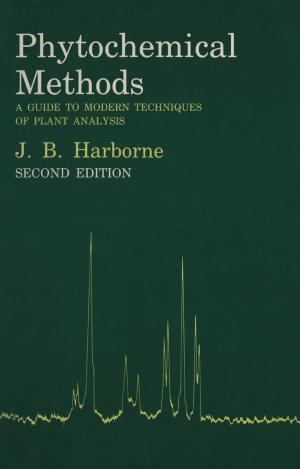Intonation
Analysis, Modelling and Technology
Nonfiction, Reference & Language, Language Arts, Reading, Phonetics & Phonics, Linguistics| Author: | ISBN: | 9789401143172 | |
| Publisher: | Springer Netherlands | Publication: | December 6, 2012 |
| Imprint: | Springer | Language: | English |
| Author: | |
| ISBN: | 9789401143172 |
| Publisher: | Springer Netherlands |
| Publication: | December 6, 2012 |
| Imprint: | Springer |
| Language: | English |
ANTONIS BOTINIS 1. 1 Background This introduction provides essential information about the structure and the objects of study of this volume. Following the introduction, fourteen papers which represent current research on intonation are organised into five thematic sections: (I) Overview of Intonation, (II) Prominence and Focus, (III) Boundaries and Discourse, (IV) Intonation Modelling, and (V) Intonation Technology. Within the sections the papers are arranged thematically, although several papers which deal with various aspects of intonation and prosody are basically intersectional. As the title indicates, "Intonation: Analysis, Modelling and Technology" is a contribution to the study of prosody, with major emphasis on intonation. Intonation and tonal themes are thus the central object of the volume, although temporal and dynamic aspects are also taken into consideration by a good number of papers. Although tonal and prosodic distinctions have been dealt with throughout man's literate history with reference to the study of language, for example by classical philosophers such as Plato and Aristotle, it is in recent decades that we have witnessed the most fertile growth in intonation studies, as with experimental phonetics and speech technology in general. As Rossi (this volume) points out, intonation research really began to blossom in the sixties with a multi fold increase in prosodic studies, reflected in contributions to the International Congress of Phonetic Sciences (ICPhS), and in the international literature.
ANTONIS BOTINIS 1. 1 Background This introduction provides essential information about the structure and the objects of study of this volume. Following the introduction, fourteen papers which represent current research on intonation are organised into five thematic sections: (I) Overview of Intonation, (II) Prominence and Focus, (III) Boundaries and Discourse, (IV) Intonation Modelling, and (V) Intonation Technology. Within the sections the papers are arranged thematically, although several papers which deal with various aspects of intonation and prosody are basically intersectional. As the title indicates, "Intonation: Analysis, Modelling and Technology" is a contribution to the study of prosody, with major emphasis on intonation. Intonation and tonal themes are thus the central object of the volume, although temporal and dynamic aspects are also taken into consideration by a good number of papers. Although tonal and prosodic distinctions have been dealt with throughout man's literate history with reference to the study of language, for example by classical philosophers such as Plato and Aristotle, it is in recent decades that we have witnessed the most fertile growth in intonation studies, as with experimental phonetics and speech technology in general. As Rossi (this volume) points out, intonation research really began to blossom in the sixties with a multi fold increase in prosodic studies, reflected in contributions to the International Congress of Phonetic Sciences (ICPhS), and in the international literature.















